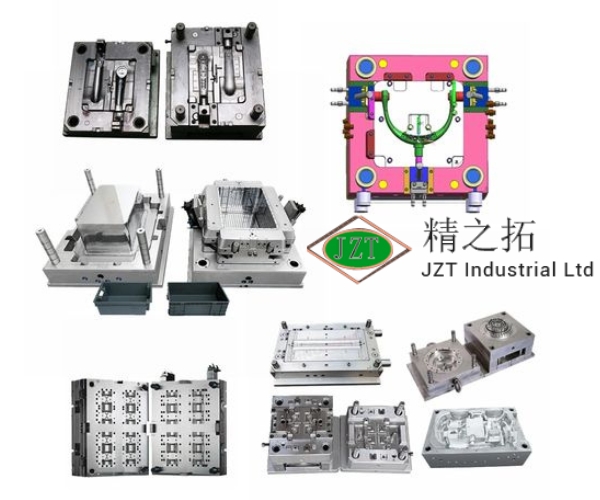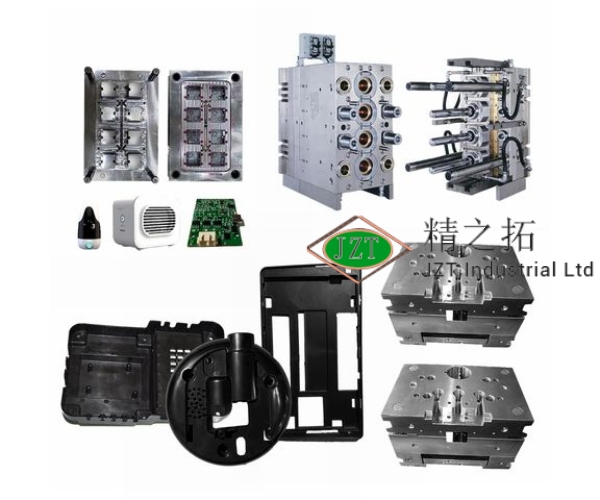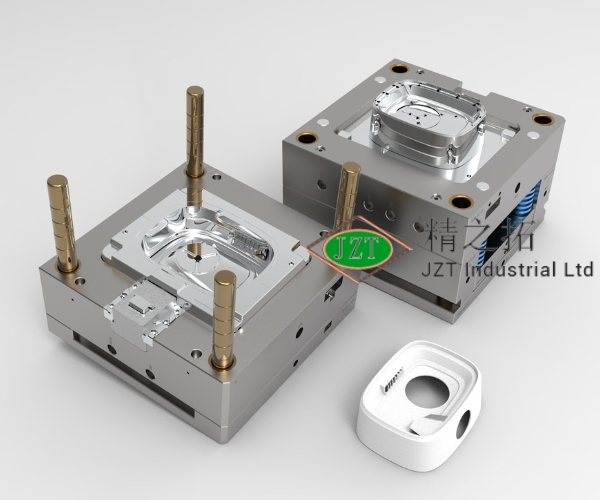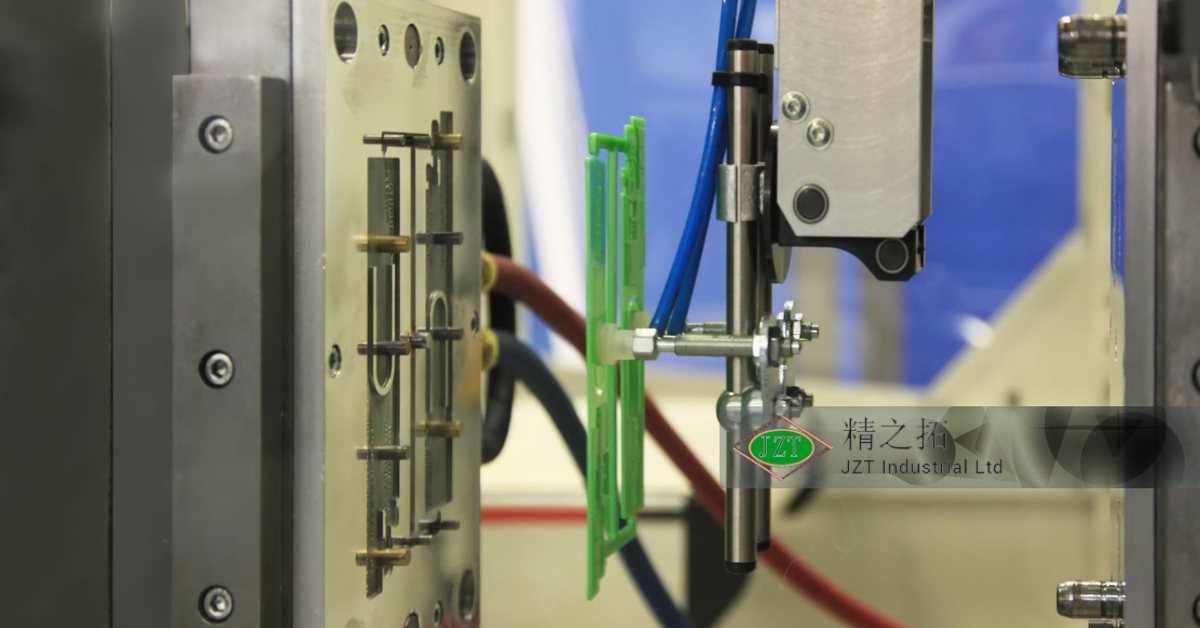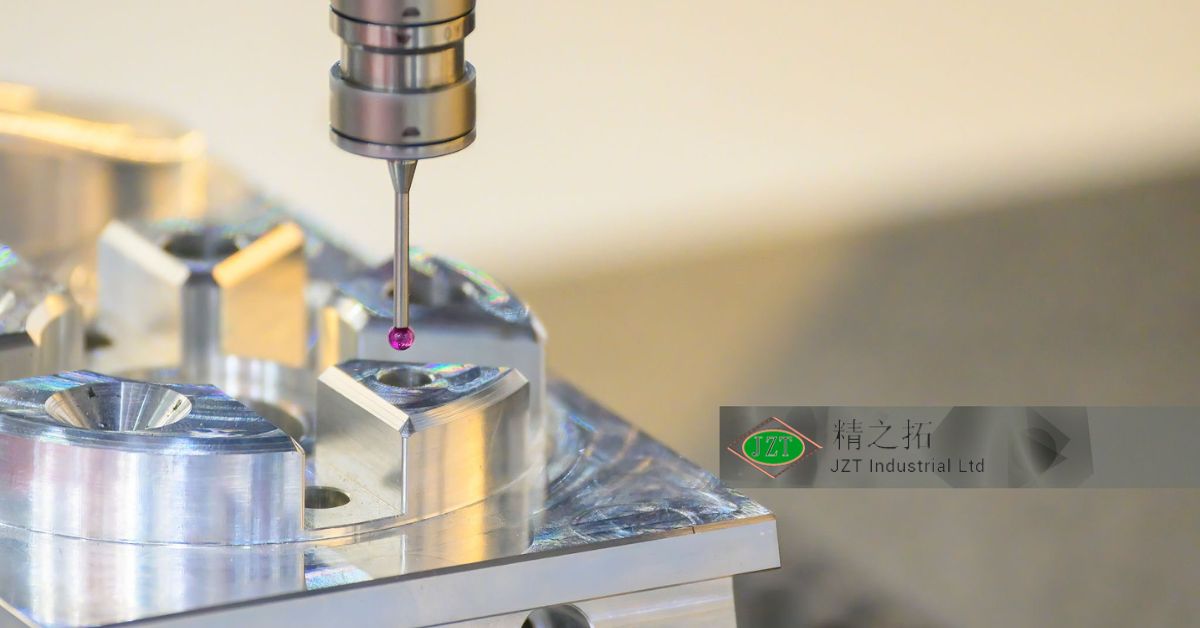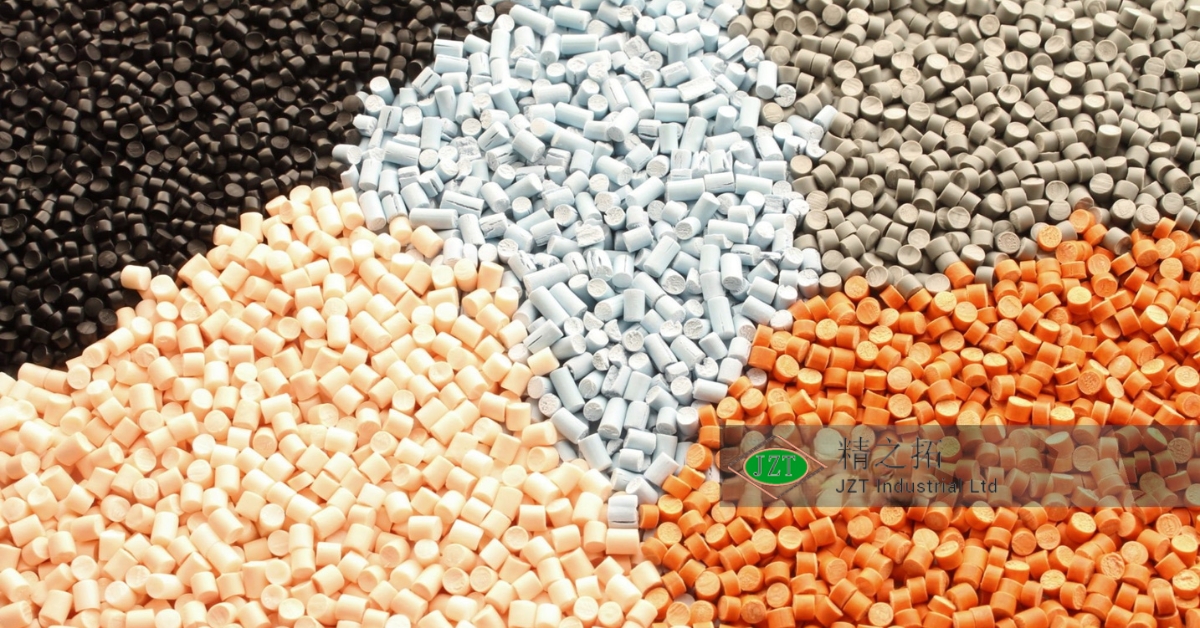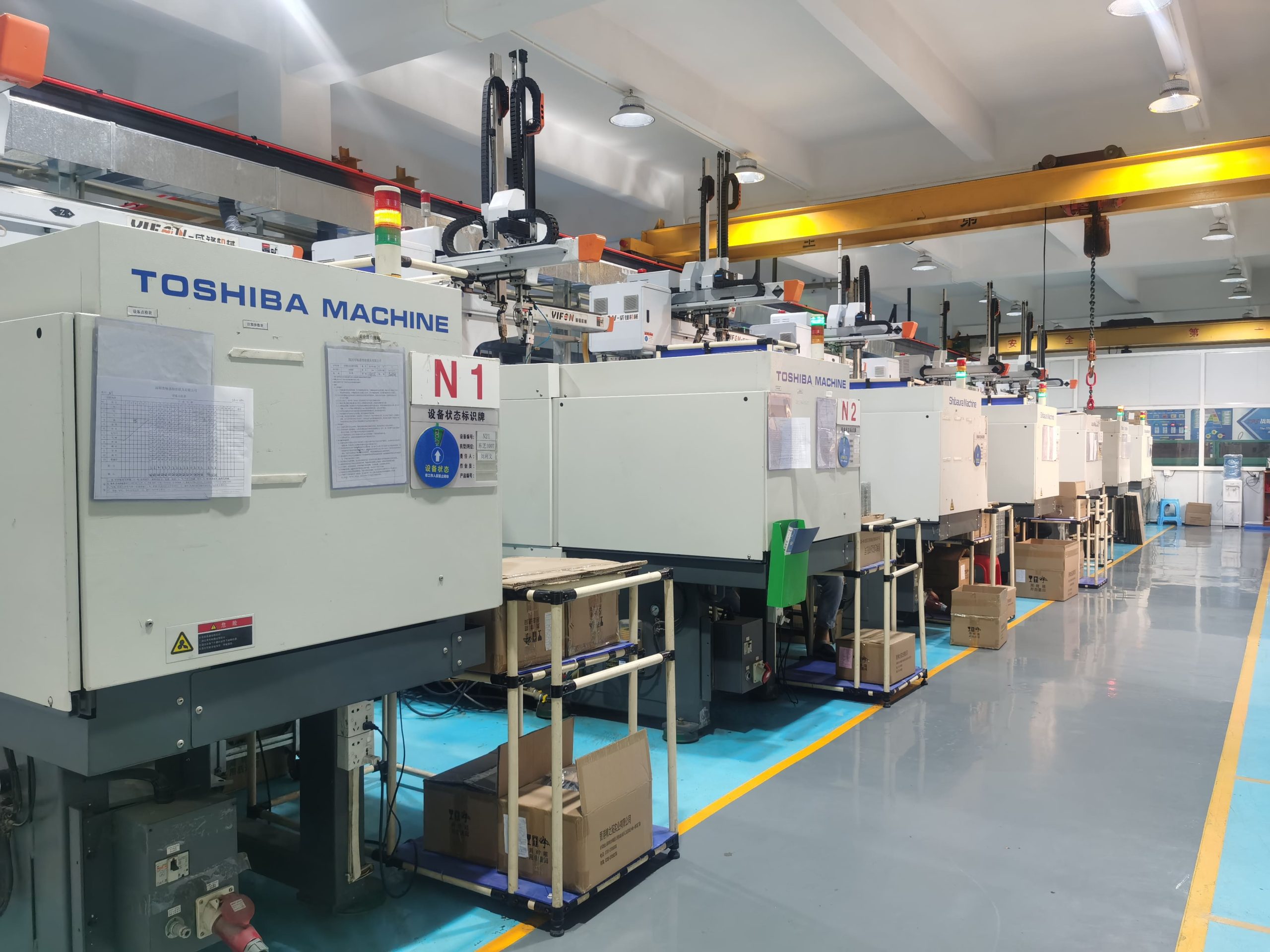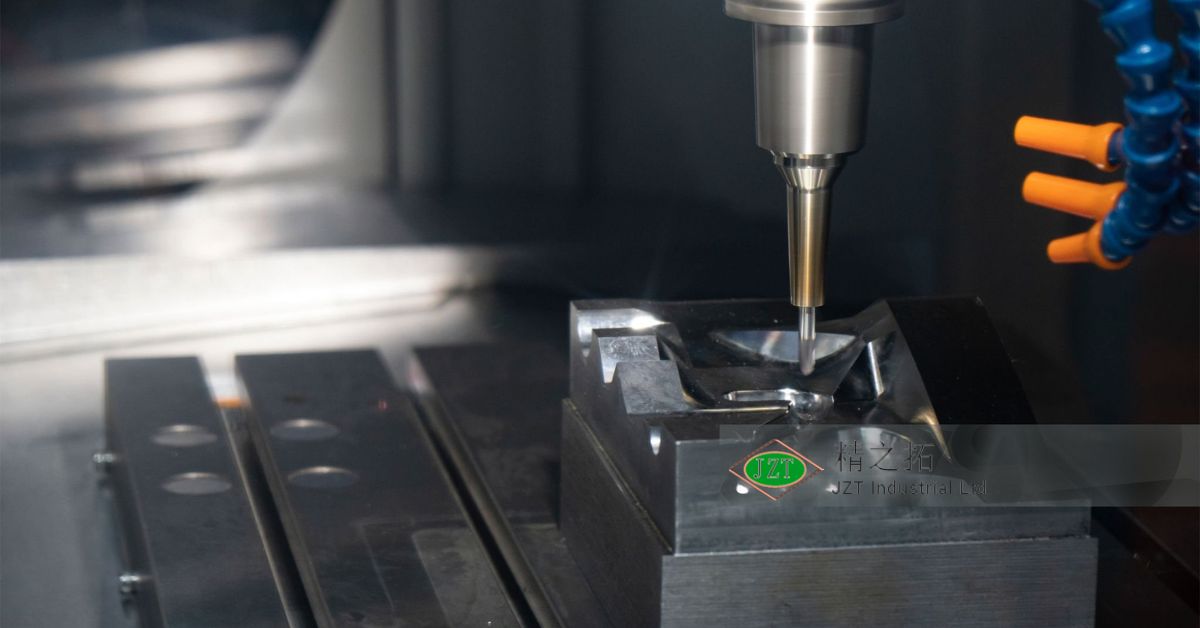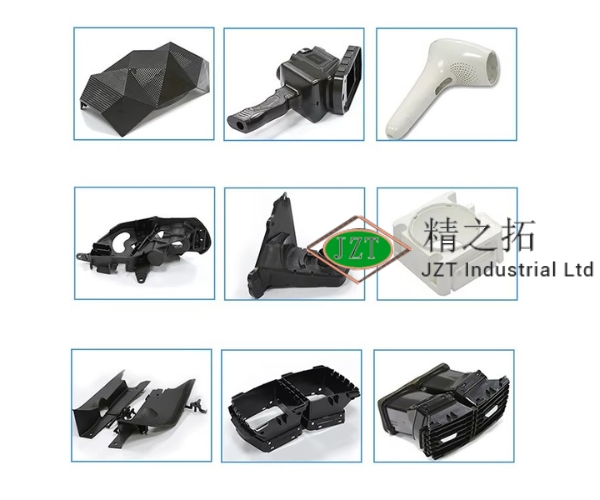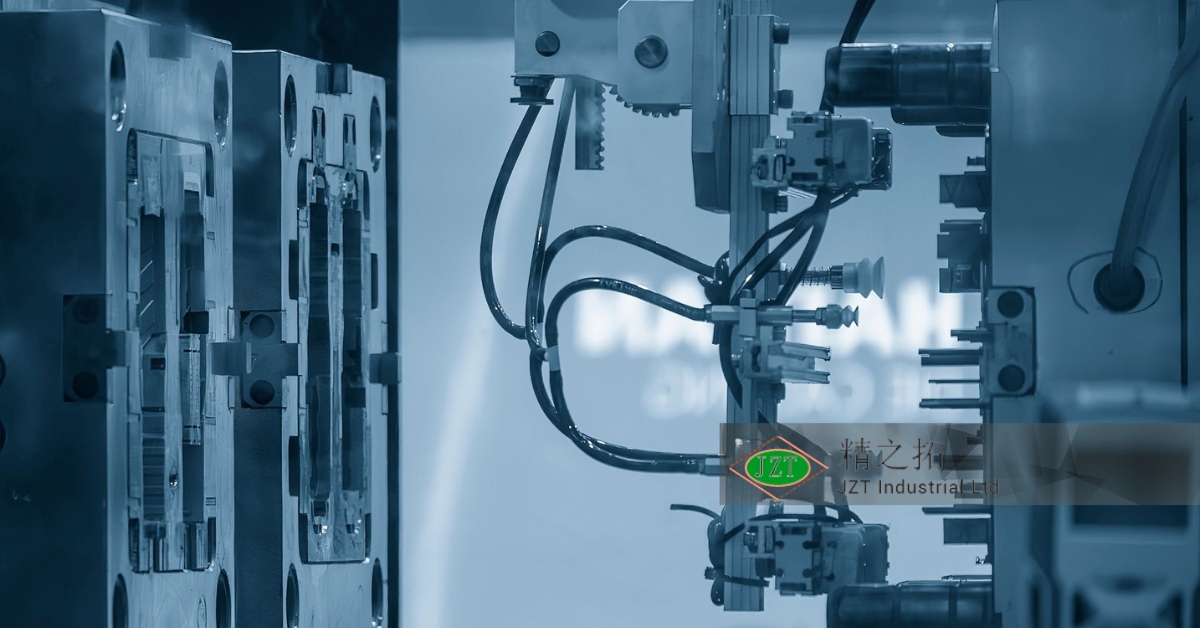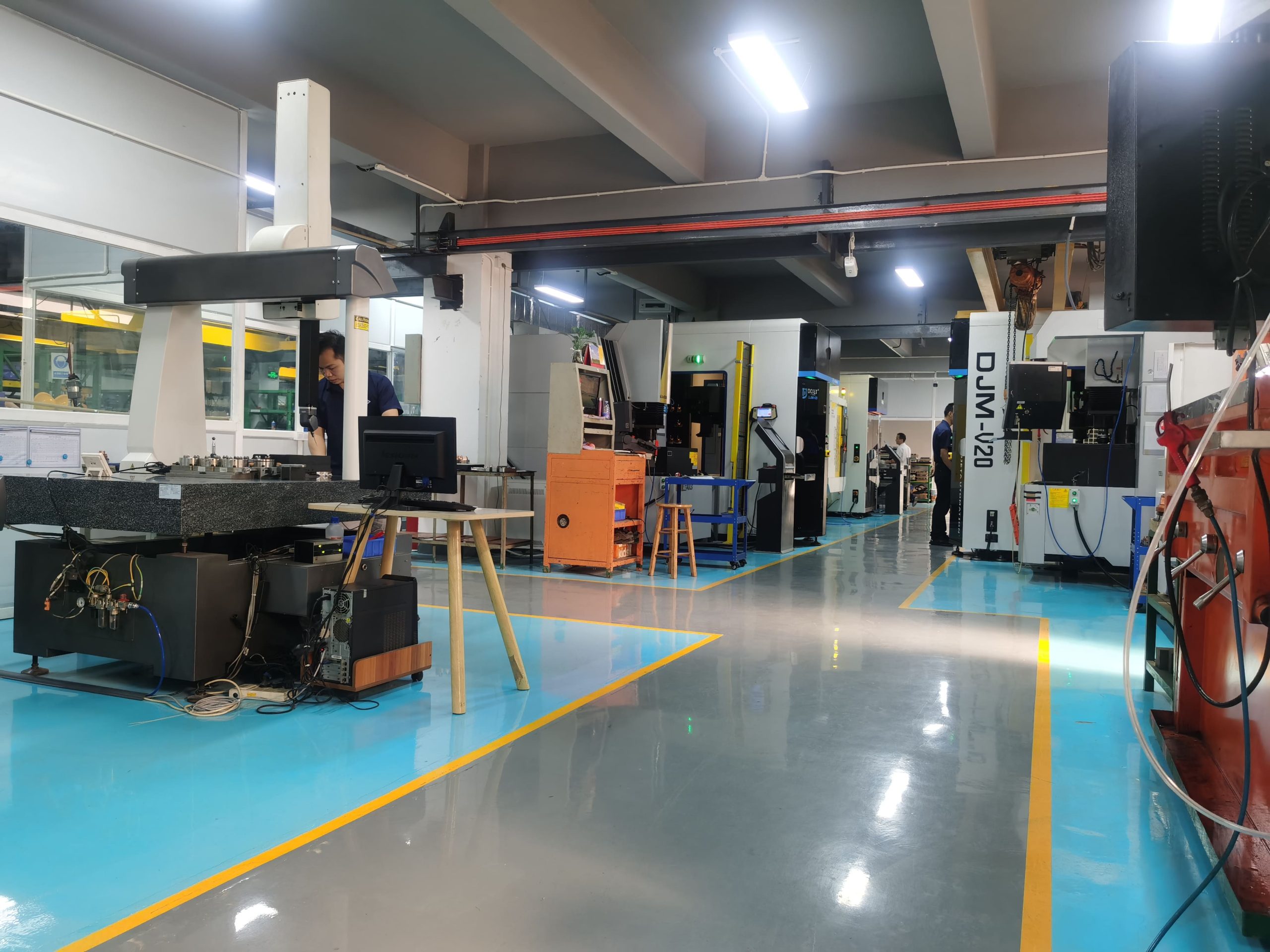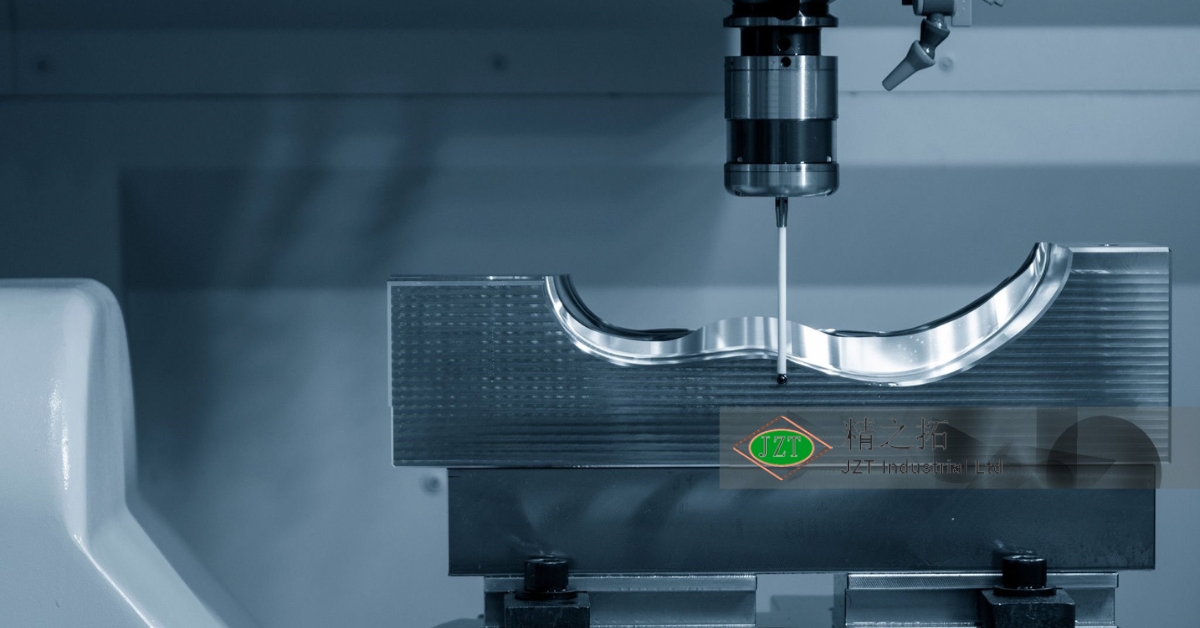Introduction
In the automotive industry, plastic injection molding plays a crucial role in the production of a wide range of parts, from interior components like dashboards and trim pieces to exterior elements such as bumpers and fenders. The ability to manufacture high-quality, durable, and precise parts at scale is vital to maintaining competitiveness in this fast-paced market. However, the success of these operations depends heavily on selecting the right automotive injection mold supplier. A reliable supplier can ensure that your production runs smoothly, delivers consistent quality, and meets tight production deadlines.
Choosing the best supplier for your injection molding needs requires careful evaluation of several factors, including the supplier’s experience, capabilities, quality control processes, and more. For automotive manufacturers and procurement teams, understanding these factors is essential to making informed decisions that will impact the entire production cycle, from initial design to the final delivery of plastic parts.
This guide provides a detailed breakdown of the most important considerations when selecting an automotive injection mold supplier. By following these guidelines, businesses can ensure that they choose a partner who will meet their production needs and contribute to long-term success in the automotive sector.
Understanding the Role of Automotive Injection Molding
Before diving into the key factors for choosing a supplier, it’s important to understand the role of plastic injection molds in the automotive industry. Injection molding is a manufacturing process where molten plastic is injected into a mold cavity to create parts with precise shapes and dimensions. In automotive manufacturing, this process is used to produce a variety of parts, including:
- Bumpers and Fenders: Large exterior components that require durability and precision.
- Dashboard Components: Interior pieces that must meet aesthetic and functional requirements.
- Air Vents and Trim: Small, detailed parts that enhance the vehicle’s interior.
- Engine Covers: Functional parts that need to withstand high temperatures and stress.
Injection molding is ideal for automotive parts because it allows for mass production of complex, high-quality parts with consistent precision. Additionally, custom plastic parts can be tailored to meet the specific needs of automotive OEMs (Original Equipment Manufacturers) and Tier 1 suppliers, ensuring that the parts integrate seamlessly into the overall vehicle design.
However, the quality and performance of the parts produced are directly tied to the quality of the mold itself, which is why selecting the right plastic parts manufacturer and mold supplier is crucial. A poorly designed or manufactured mold can lead to defects, production delays, and increased costs, while a high-quality mold will ensure efficiency and consistency in your production process.
Key Factors to Consider When Choosing an Automotive Injection Mold Supplier
Choosing the best automotive injection mold supplier involves more than just looking at price quotes. Several critical factors must be evaluated to ensure that the supplier can meet your specific requirements and deliver consistent, high-quality results.
Supplier’s Experience and Expertise
Experience is one of the most important factors to consider when choosing an injection mold supplier. Suppliers with extensive experience in the automotive industry are more likely to understand the specific challenges and requirements associated with producing plastic parts for vehicles. Automotive parts often need to meet stringent safety, durability, and performance standards, which means that the supplier must have a deep understanding of these demands.
When evaluating a supplier’s experience, consider the following:
- Industry-Specific Experience: How long has the supplier been working with automotive clients? Do they have experience producing the types of parts you need, such as exterior body components or interior trims? A supplier with a proven track record in the automotive sector will be better equipped to meet your needs.
- Certifications and Standards: Check if the supplier is certified to meet industry standards, such as IATF 16949 (the quality management standard for the automotive sector) and ISO 9001 (a general quality management certification). These certifications indicate that the supplier follows rigorous quality control and process management practices.
- Past Projects and References: Ask for case studies or references from past automotive clients. This will give you a sense of the supplier’s ability to deliver quality molds on time and within budget.
A supplier with significant experience in the automotive industry can anticipate potential challenges and offer solutions that may not be immediately apparent to less experienced manufacturers. Their familiarity with automotive production cycles, material selection, and design standards will be invaluable as you move through the process of producing custom plastic parts.
Quality Control and Consistency
Ensuring that the supplier has robust quality control (QC) processes in place is essential for maintaining consistent part quality across large production runs. In the automotive industry, even minor defects in plastic parts can lead to significant problems, ranging from performance issues to safety concerns. Therefore, a reliable supplier should have comprehensive quality assurance measures that detect and prevent defects before parts are shipped.
Here are some key aspects of quality control to consider when choosing a supplier:
- In-House Testing Capabilities: A reputable supplier should have access to advanced QC tools and technologies, such as Coordinate Measuring Machines (CMM), 3D scanning, and mold flow analysis software. These tools ensure that the mold is precisely engineered and that the parts meet the required specifications.
- Dimensional Accuracy and Tolerance Control: Automotive parts often need to meet tight tolerances, especially when they are part of a larger assembly. Ask the supplier about their tolerance control capabilities and how they ensure dimensional accuracy for every part produced.
- Inspection Processes: The supplier should have a well-defined inspection process at each stage of production, from initial mold creation to final part production. This includes visual inspections, dimensional checks, and functional tests.
- Defect Prevention and Response: Ask how the supplier handles defects and production errors. Do they have a process in place to quickly identify and correct issues? What is their procedure for handling rejected parts or molds that don’t meet the required specifications?
Quality control is not just about catching defects after they occur; it’s also about preventing them in the first place. Suppliers who prioritize quality assurance throughout the design and manufacturing process are more likely to deliver consistent, defect-free parts, reducing the risk of delays and costly rework.
Capacity and Capabilities
The supplier’s production capacity and technological capabilities are other important considerations when choosing an automotive mold supplier. The automotive industry often requires the production of large volumes of parts in a short timeframe, so it’s essential to ensure that the supplier can meet your volume and scheduling needs.
Consider the following when evaluating a supplier’s capacity:
- Production Volume: Can the supplier handle the scale of your production? Whether you need low-volume prototyping or high-volume production runs, the supplier must have the machinery and resources to meet your demand without compromising quality.
- Technology and Equipment: Look for suppliers who invest in advanced manufacturing technologies, such as CNC machining, automated injection molding machines, and robotic automation. Advanced equipment ensures higher precision, faster production times, and reduced labor costs.
- Full-Service Capabilities: Does the supplier offer a full range of services, from initial mold design to final production? Suppliers that provide turnkey solutions (including design, tooling, prototyping, and production) can streamline the process, reducing lead times and minimizing the need for multiple vendors.
- Customization: Automotive parts often require specific materials, finishes, or designs. Ensure that the supplier has the capability to meet your unique requirements, whether that involves using high-performance plastics or integrating special features into the mold design.
By choosing a supplier with the right combination of capacity and technological capabilities, you can ensure that your production runs smoothly and that the supplier can scale their operations to meet any fluctuations in demand.
Lead Times and Delivery
Lead times are a critical factor when selecting an automotive injection mold supplier, as delays in mold production or part delivery can have a significant ripple effect on your entire supply chain. Automotive manufacturers operate on strict timelines, and any interruption can lead to production halts, missed market opportunities, or cost overruns. Therefore, it’s essential to work with a supplier that not only meets deadlines but can also offer flexibility in their delivery schedules.
When evaluating lead times, here are some key considerations:
- Mold Production Lead Time: Ask the supplier how long it typically takes to design, fabricate, and test a mold before it is ready for production. Depending on the complexity of the mold and the part, lead times can range from a few weeks to several months. Suppliers with advanced manufacturing technologies and efficient processes can shorten these timelines, allowing you to bring products to market faster.
- Delivery Flexibility: Can the supplier accommodate rush orders or changes in production schedules? In the fast-paced automotive industry, you may need a supplier who can adjust to sudden demand spikes or changes in project timelines. Ensure that the supplier can scale their production and shift priorities when necessary.
- Geographic Location: The location of your mold supplier plays a significant role in delivery lead times and shipping costs. Local suppliers can often provide shorter lead times and quicker shipping, making it easier to meet tight deadlines. However, international suppliers may offer cost advantages that can offset the longer lead times. Be sure to weigh the benefits of domestic vs. international sourcing based on your project requirements.
- Shipping and Logistics Support: Does the supplier offer assistance with shipping and logistics? Managing the transportation of large molds or high-volume orders can be complicated, and having a supplier that provides logistics support can simplify this process. Make sure to clarify responsibilities for customs clearance, transportation, and delivery to avoid any misunderstandings.
Ultimately, you want to choose a supplier that not only delivers molds and parts on time but also has the flexibility to adapt to your specific production schedule. Clear communication about lead times and production schedules from the outset can help prevent delays and ensure that both parties have realistic expectations about delivery.
Cost Competitiveness and Pricing Structure
Cost is always a major consideration when choosing an automotive injection mold supplier, but it’s important to focus on value rather than simply looking for the lowest price. While it can be tempting to go with the cheapest option, this approach can lead to hidden costs in the long run, particularly if the supplier’s quality or service does not meet expectations. Instead, focus on finding a supplier that offers a fair and transparent pricing structure, where the cost reflects the quality of the molds, the level of service, and the supplier’s ability to meet your specific requirements.
Here are some key factors to consider when evaluating pricing:
- Mold Complexity and Material: One of the main drivers of mold pricing is the complexity of the part being produced. Complex parts with intricate features, tight tolerances, or special finishes will require more sophisticated molds, which are typically more expensive to design and fabricate. Similarly, the type of material used in the mold (e.g., aluminum vs. hardened steel) affects the cost. Make sure the supplier provides a detailed breakdown of how the design, material, and manufacturing process impact the price.
- Long-Term Cost Savings: Don’t just look at the initial cost of the mold—consider the long-term savings that can be achieved by investing in a higher-quality mold. For example, a steel mold may have a higher upfront cost, but its durability will allow it to last for hundreds of thousands of production cycles, reducing the cost per part over time. Additionally, a well-designed mold can minimize production errors and defects, saving you money on scrap materials, rework, and downtime.
- Transparent Pricing: Look for a supplier that offers a transparent pricing structure with no hidden fees. The quote should include all relevant costs, such as design, tooling, production, and post-production services (e.g., maintenance, repairs). A clear and detailed cost breakdown will help you avoid surprises and allow you to accurately compare different suppliers.
- Volume Discounts and Long-Term Contracts: If you are planning to produce parts in high volumes, ask the supplier if they offer discounts for long-term contracts or bulk orders. Many suppliers are willing to negotiate better pricing terms for clients who commit to larger production volumes, as this provides them with a stable revenue stream over time.
By carefully evaluating the supplier’s pricing structure, you can find a balance between cost and quality that aligns with your project goals. Remember that choosing a supplier based solely on price can result in higher costs down the line if the mold requires frequent maintenance, repairs, or reworking due to poor quality.
Communication and Customer Support
Strong communication and customer support are essential when working with an automotive injection mold supplier. From the initial design phase to the final production run, you need a supplier who is responsive, transparent, and proactive in addressing any issues that may arise. Poor communication can lead to misunderstandings, delays, and costly mistakes, so it’s important to choose a supplier who prioritizes clear and consistent communication throughout the project.
Here are some key aspects of communication and support to look for:
- Project Management: Does the supplier assign a dedicated project manager or point of contact for your account? Having a single point of contact ensures that communication is streamlined and that any issues or concerns are addressed quickly. A project manager should be available to provide regular updates on the status of the mold, address design changes, and keep the project on track.
- Responsiveness: How quickly does the supplier respond to inquiries, design changes, or production issues? Delayed responses can slow down the entire production process, so it’s important to work with a supplier who is responsive and available when you need them. Look for suppliers who offer prompt responses to emails, phone calls, and requests for updates.
- Problem-Solving Capabilities: No production process is without its challenges, so it’s important to choose a supplier who can quickly resolve problems as they arise. Ask the supplier how they handle issues such as defects, design changes, or delays in production. A good supplier will have a proactive approach to problem-solving, offering solutions that minimize disruption to your production schedule.
- After-Sales Support: Does the supplier offer ongoing support after the mold has been delivered? This could include troubleshooting production issues, offering advice on mold maintenance, or providing repair and refurbishment services. Strong after-sales support is a key indicator of a supplier’s commitment to building a long-term partnership.
Effective communication and support are critical to ensuring that your project runs smoothly from start to finish. Choose a supplier who values transparency and responsiveness, and who is willing to go the extra mile to ensure your success.
Tooling and Maintenance Services
The quality and durability of the mold are essential for long-term production success, but mold maintenance is equally important for extending the life of the mold and preventing production issues. Over time, molds experience wear and tear from repeated use, and without regular maintenance, the quality of the parts produced can degrade. When choosing a supplier, it’s important to ensure that they offer comprehensive tooling and maintenance services.
Here are some key considerations for tooling and maintenance:
- Mold Maintenance Plans: Ask the supplier if they offer a regular maintenance plan to keep your mold in optimal condition. Preventive maintenance, such as cleaning, lubrication, and inspection, can help identify issues before they lead to costly downtime or part defects. A good supplier will provide maintenance schedules and recommend maintenance intervals based on the mold’s usage and material.
- Mold Repairs and Refurbishment: In the event that the mold becomes damaged or worn out, does the supplier offer repair and refurbishment services? A well-maintained mold can often be repaired or refurbished to extend its lifespan, saving you the cost of producing a new mold. Make sure the supplier has the expertise and equipment to handle mold repairs efficiently.
- Modifications and Upgrades: As automotive part designs evolve, you may need to modify or upgrade your mold to accommodate new features or materials. Ask the supplier if they offer modification services and whether they can adapt your mold to new requirements without the need for a complete redesign.
- Tooling Support: In addition to maintenance, some suppliers offer tooling support throughout the production process. This includes helping with mold setup, optimizing production parameters, and providing technical support to ensure that the mold runs smoothly in your facility.
By choosing a supplier who offers comprehensive tooling and maintenance services, you can ensure that your mold remains in good working condition for the long term, reducing the risk of production issues and extending the mold’s lifespan.
Red Flags to Watch Out For When Choosing an Injection Mold Supplier
While there are many positive factors to consider when selecting a supplier, it’s also important to be aware of potential red flags that may indicate a supplier is not the right fit for your business. Here are a few warning signs to watch out for:
Inconsistent Quality or High Defect Rates
If a supplier has a history of delivering inconsistent quality or high defect rates, this is a major red flag. In the automotive industry, even small defects can lead to significant production issues, and working with a supplier who doesn’t prioritize quality can result in costly delays and rework. Be sure to ask for examples of past projects and customer references to verify the supplier’s commitment to quality.
Lack of Certifications or Industry Standards
Suppliers who do not meet industry standards or hold relevant certifications, such as IATF 16949 or ISO 9001, may not have the necessary quality control processes in place. This can increase the risk of non-compliance with automotive industry regulations and lead to quality issues down the line.
Poor Communication or Delayed Responses
Communication is key to a successful partnership. If a supplier is slow to respond to inquiries, design changes, or production issues, this can lead to delays and misunderstandings that impact your production schedule. Make sure the supplier is responsive and transparent from the start.
Conclusion
Choosing the best automotive injection mold supplier is a critical decision that can significantly impact the quality, efficiency, and cost-effectiveness of your production process. By considering factors such as the supplier’s experience, quality control processes, capacity, lead times, pricing structure, and communication, you can ensure that you select a partner who will meet your needs and help your business succeed.
In the competitive automotive industry, it’s essential to work with a plastic parts manufacturer who not only delivers high-quality custom plastic parts but also offers reliable support, flexibility, and long-term value. Take the time to evaluate potential suppliers carefully, and build strong relationships with those who demonstrate a commitment to your success. By doing so, you’ll set your business up for long-term success in automotive manufacturing.
FAQs
1. What should I look for when choosing an automotive injection mold supplier?
When selecting an automotive injection mold supplier, focus on factors like the supplier’s experience in the automotive industry, certifications such as IATF 16949 and ISO 9001, and their ability to meet your specific production volume. Also, check for strong quality control processes, advanced technology, and a reliable track record in meeting deadlines.
2. How do I evaluate the quality control of an injection mold supplier?
To assess a supplier’s quality control, inquire about their in-house testing capabilities like CMM and mold flow analysis. Ask about their inspection procedures throughout production, including dimensional accuracy checks, defect prevention methods, and how they respond to quality issues. Reliable suppliers will have robust quality assurance systems in place.
3. Why is lead time important when choosing an injection mold supplier?
Lead times are crucial because automotive production schedules are often strict. Delays in mold production or part delivery can disrupt the entire supply chain. Choose a supplier with the capability to meet your deadlines, offer flexibility for changes, and provide support with shipping logistics to avoid costly delays.
4. What certifications should an automotive mold supplier have?
An automotive mold supplier should hold certifications such as IATF 16949, which is specific to automotive quality management, and ISO 9001, a general quality management certification. These certifications ensure the supplier follows standardized processes for maintaining high levels of quality and consistency in their production.
5. How does mold maintenance impact long-term production costs?
Regular mold maintenance is essential for prolonging the life of the mold and preventing defects in production. Without maintenance, the mold may wear down, leading to defects and increased downtime for repairs. Suppliers who offer maintenance and repair services can help reduce long-term costs by keeping the mold in optimal condition.

